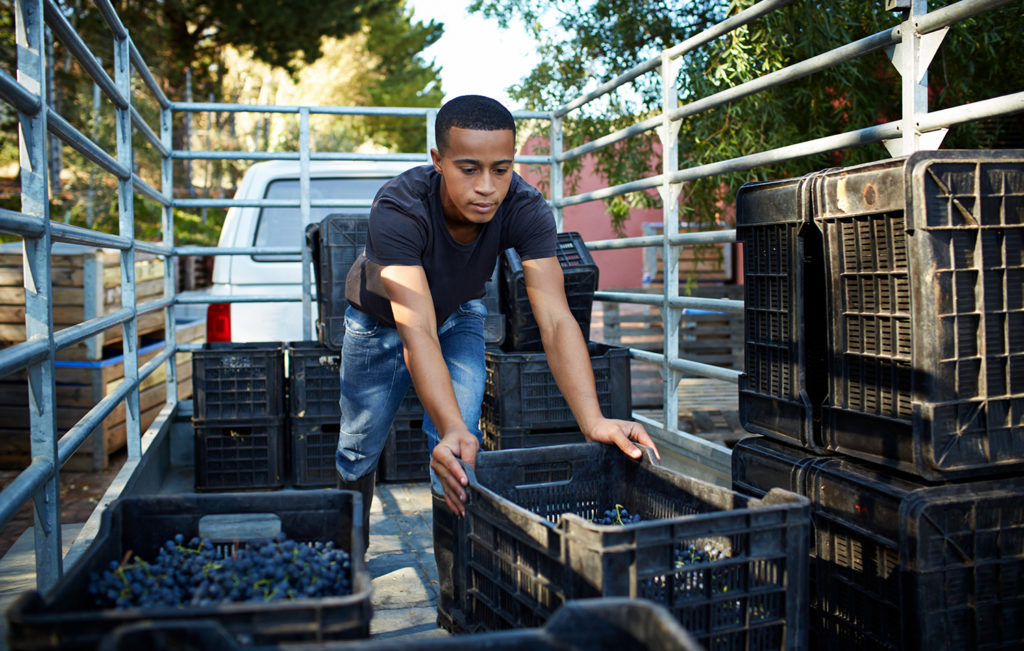We regularly update this report to track the pandemic’s effects on the labour market.
The job postings recovery reached a milestone last week. Job postings — a real-time measure of labour market activity — were 0.8% above the 1 February, 2020, pre-pandemic baseline, seasonally adjusted, as of 21 May, 2021. It’s almost a year since the headline metric plunged to a nadir of -60.2% in June 2020. The recovery had been slow up to spring 2021, but has stepped up a gear in recent weeks amid the staged reopening of the economy.
Social science, sports, cleaning and hospitality see growth
Most occupations saw job posting gains in the past fortnight. The strongest improvement was in social science, a diverse category which includes psychologists, environmental health officers, librarians, researchers and economists.
Sports & cleaning & sanitation saw further gains. Meanwhile, the reopening of indoor hospitality on 17 May helped boost job postings in the hospitality & tourism and food preparation & service categories.
Regional recovery remains uneven
Job postings are now above pre-pandemic levels in all but four regions, led by the North East and Wales. Northern Ireland, London, the South East and Scotland remain laggards.
Cities
Job posting recoveries vary considerably across cities and large towns. Stoke, Hull and Middlesbrough have seen the strongest recoveries. By contrast, job postings remain well down on pre-pandemic levels in Aberdeen, Crawley and Belfast.
Our previous analysis indicates that variations in job posting recoveries across cities are linked to sectoral variations in employment.
Wages in food preparation & service edge higher
There has been much discussion about hiring challenges, particularly among pubs and restaurants as the hospitality sector has reopened. A number of factors may be contributing to this, including geographical mismatches between jobs and workers, former hospitality workers having switched sectors during the pandemic and an exodus of foreign workers due to the combination of Covid and Brexit.
Hiring bottlenecks may be putting some modest upward pressure on wages in that sector. There has been an uptick in advertised rates of pay in food preparation & service job advertisements in recent weeks. Median hourly wages in job postings rose from £9.25 from January to April, to £9.40 in the third week of May, an increase of 1.6%.
But there continue to be few signs of broader wage inflation outside the hospitality sector. Median hourly wages in other in-demand sectors like driving, cleaning and loading & stocking jobs are all flat at £12.00, £9.00 and £9.50 respectively.
We will continue to provide regular updates on these trends as the situation evolves. We also host the data behind the postings trends plots on Github as downloadable CSV files. Typically, the site will be updated with the latest data one day after the respective Hiring Lab tracker is published.
Methodology
All figures in this blogpost are the percentage change in seasonally-adjusted job postings since 1 February, 2020, using a seven-day trailing average. 1 February, 2020, is our pre-pandemic baseline. We seasonally adjust each series based on historical patterns in 2017, 2018, and 2019. Each series, including the national trend, occupational sectors, and sub-national geographies, is seasonally adjusted separately. We adopted this new methodology in January 2021.
The number of job postings on Indeed.com, whether related to paid or unpaid job solicitations, is not indicative of potential revenue or earnings of Indeed, which comprises a significant percentage of the HR Technology segment of its parent company, Recruit Holdings Co., Ltd. Job posting numbers are provided for information purposes only and should not be viewed as an indicator of performance of Indeed or Recruit. Please refer to the Recruit Holdings investor relations website and regulatory filings in Japan for more detailed information on revenue generation by Recruit’s HR Technology segment.






